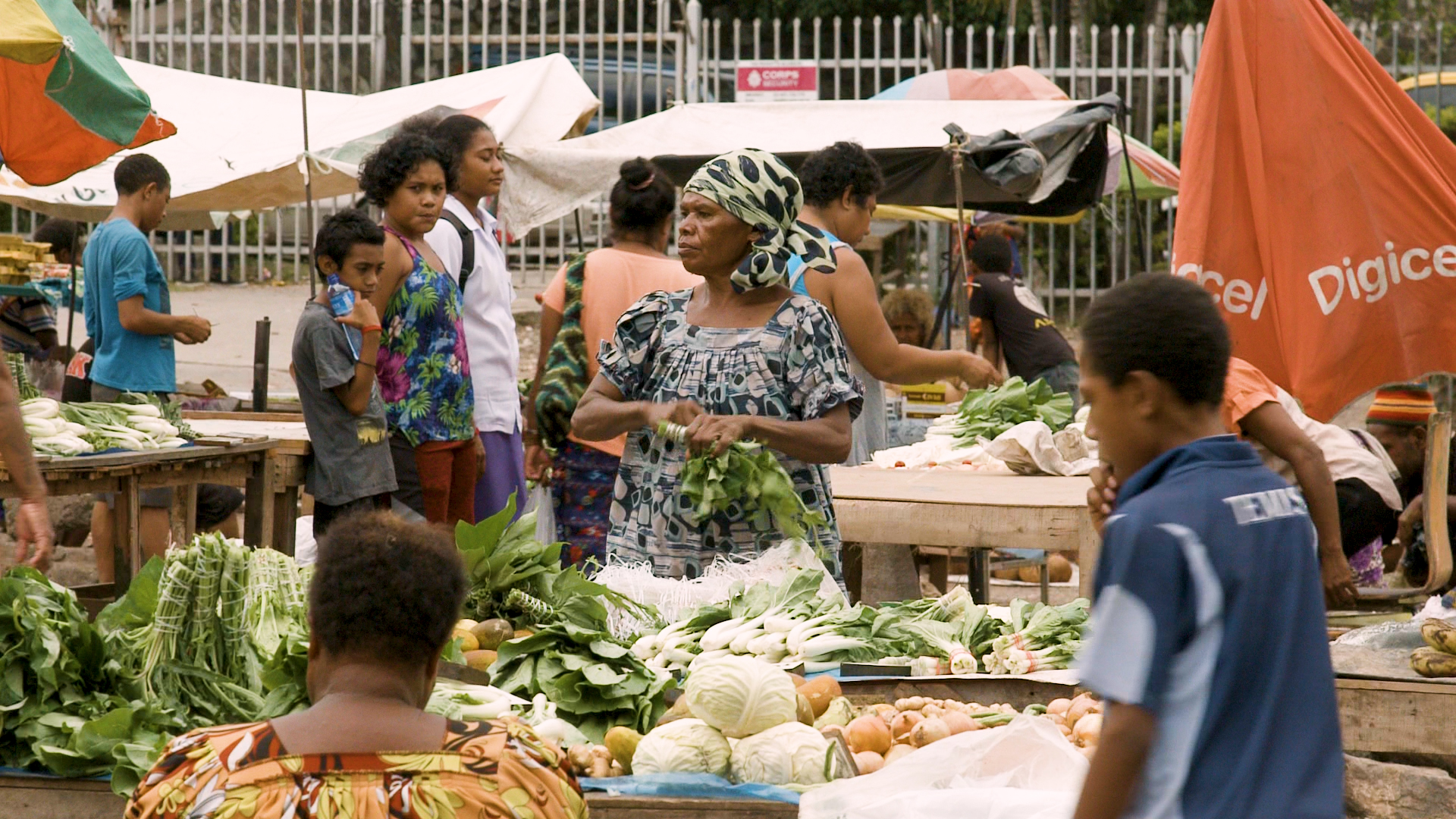
A study into the impact of family and sexual violence on the performance of companies in Papua New Guinea (PNG) found they reduced employee absenteeism and promoted positive behavioral changes after taking steps to address the problem.
The findings, contained in the report Workplace Responses to Family and Sexual Violence in PNG: the Business Case, show that from 2020 to 2022, support measures such as employee counseling and alternative work arrangements helped participating companies reduce lost workdays by an average of 1.4 days per employee per year. The latest findings follow a baseline study in 2021 which showed family and sexual violence was costing the employers an average of almost 10 days of work per employee per year.
The studies by IFC, a member of the World Bank, in partnership with the Business Coalition for Women, demonstrate the potential for social impact and financial gains when companies implement measures to address family and sexual violence. The companies that participated in the study are also subscribers of Bel isi, a public-private partnership offering safe house and case management.
"Gender-based violence creates harmful impacts for businesses, including reduced productivity, employee turnover, and reputational damage. Therefore, employees, companies, and the broader society can benefit when businesses implement good practice responses to family and sexual violence and other forms of violence," said Evonne Kennedy, Executive Director of the Business Coalition for Women.
The latest findings also suggest a correlation between increased training opportunities for employees and lower acceptability of violence, particularly among men. It found that nearly 90 percent of male respondents said that family and sexual violence is never acceptable, indicating positive behavioral changes that could lead to a decline in violence. That's up four percentage points compared to the 2021 study.
The studies show that depression, anxiety and feelings of shame are the most common impacts of family and sexual violence reported by women and men. However, women reported experiencing physical injury at twice the rate of men, with two in five women who experienced family and sexual violence reporting that physical injury impacted their ability to reach and stay at work.
"In Papua New Guinea, where women experience violence at twice the global rate, the findings clearly show a strong incentive for companies to adopt measures to address family and sexual violence, as they not only benefit employees and their families but also companies' financial performance," said Judith Green, IFC Country Manager for Australia, New Zealand, Papua New Guinea and the Pacific Islands. "The business benefits are clear, and it is the right thing to do. This significant research is part of our broader work with companies across the Pacific and globally to address gender-based violence."
The studies and report were supported by the governments of Australia and New Zealand under the PNG Partnership, which aims to unlock private sector investment, promote sustainable economic growth and boost shared prosperity in PNG.
"We hope these important findings will drive increased private-sector interest in responding to family and sexual violence" said IFC Resident Representative for Papua New Guinea, Markus Scheuermaier. "By taking recommended actions on family and sexual violence, the private sector may be better able to attract and retain staff, while improving productivity."
IFC advises companies around the world on approaches to promote gender equality and economic inclusion. This results of this research and data-informed recommendations are expected to inform policy responses to gender-based violence in other countries.
About IFC
IFC—a member of the World Bank Group—is the largest global development institution focused on the private sector in emerging markets. We work in more than 100 countries, using our capital, expertise, and influence to create markets and opportunities in developing countries. In fiscal year 2022, IFC committed a record $32.8 billion to private companies and financial institutions in developing countries, leveraging the power of the private sector to end extreme poverty and boost shared prosperity as economies grapple with the impacts of global compounding crises. For more information, visit www.ifc.org.
About Business Coalition for Women (BCFW)
Business Coalition for Women is a non-profit organisation. It was established in 2014 by IFC with seed funding from the Australian Government. BCFW aims to help the private sector overcome challenges to women's participation in the Papua New Guinean workforce by addressing violence, promoting women's leadership, implementing human resources policies and processes to help companies recruit, retain, and develop their female staff, and expanding opportunities for women-owned businesses in the supply chain. 81 major PAPUA NEW GUINEA companies are members of the Business Coalition for Women.
About Bel isi PNG
Bel isi PNG safe house and case management center is operated by Femili PNG, a local non-government organization, and managed by the Oil Search Foundation, a development organization focusing on health, leadership and education, and women's protection and empowerment. Business Coalition for Women provides family and sexual violence policy implementation assistance, education and training to Bel isi PNG subscribing companies, the National Capital District (NCDC) supports local government services responding to family and sexual violence.
Papua New Guinea Partnership
IFC's work in Papua New Guinea is supported by the governments of Australia and New Zealand under the PNG Partnership to unlock private sector investment, promote sustainable economic growth and boost shared prosperity in Papua New Guinea.
Stay Connected
www.ifc.org/eastasia
www.twitter.com/IFC_EAP
www.youtube.com/IFCvideocasts
www.ifc.org/SocialMediaIndex
www.instagram.com\ifc_org
www.facebook.com/IFCeap
www.facebook.com/IFCwbg
Contacts
Stay Informed
Sign up to have customizable news & updates sent to you.